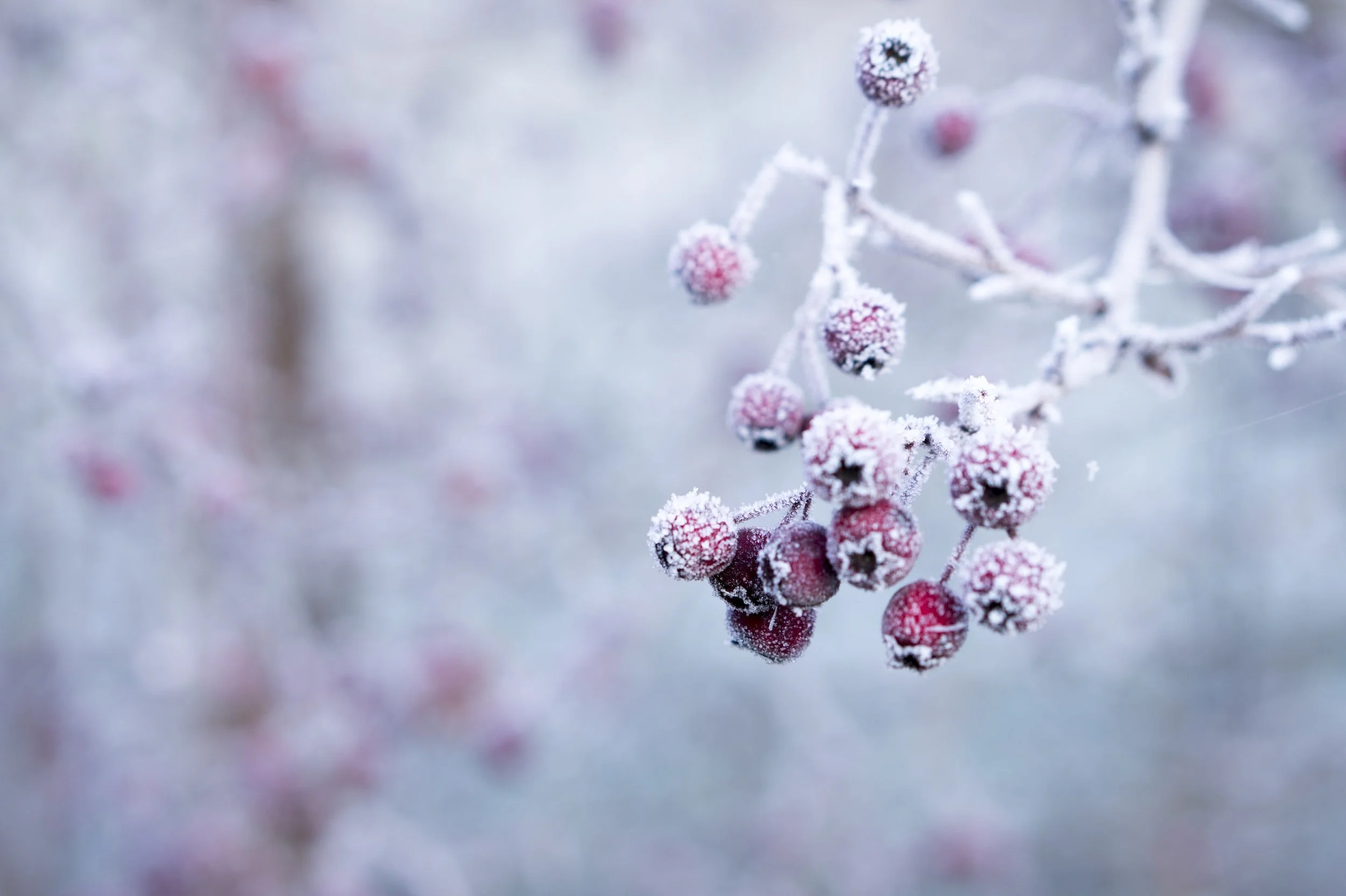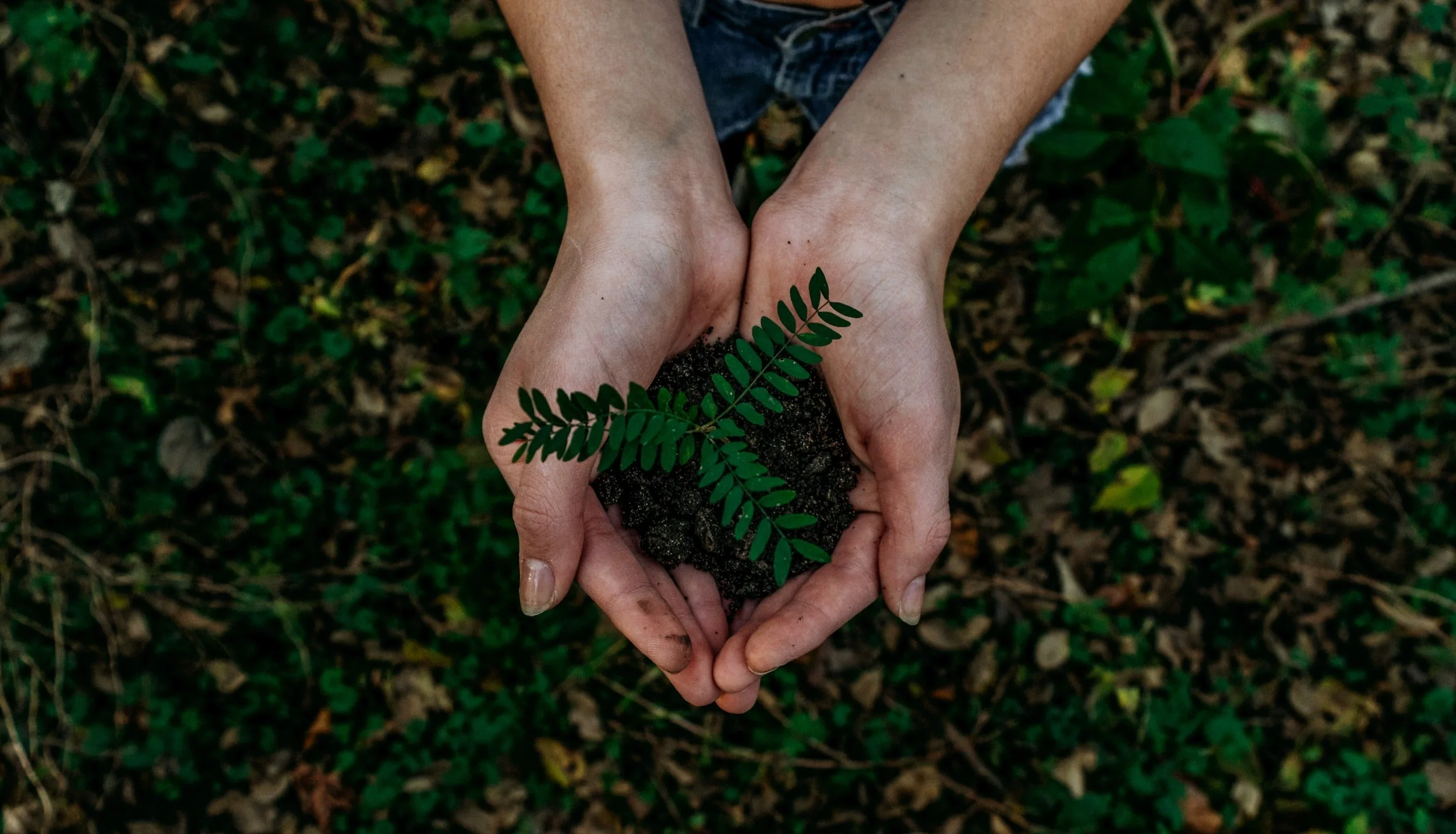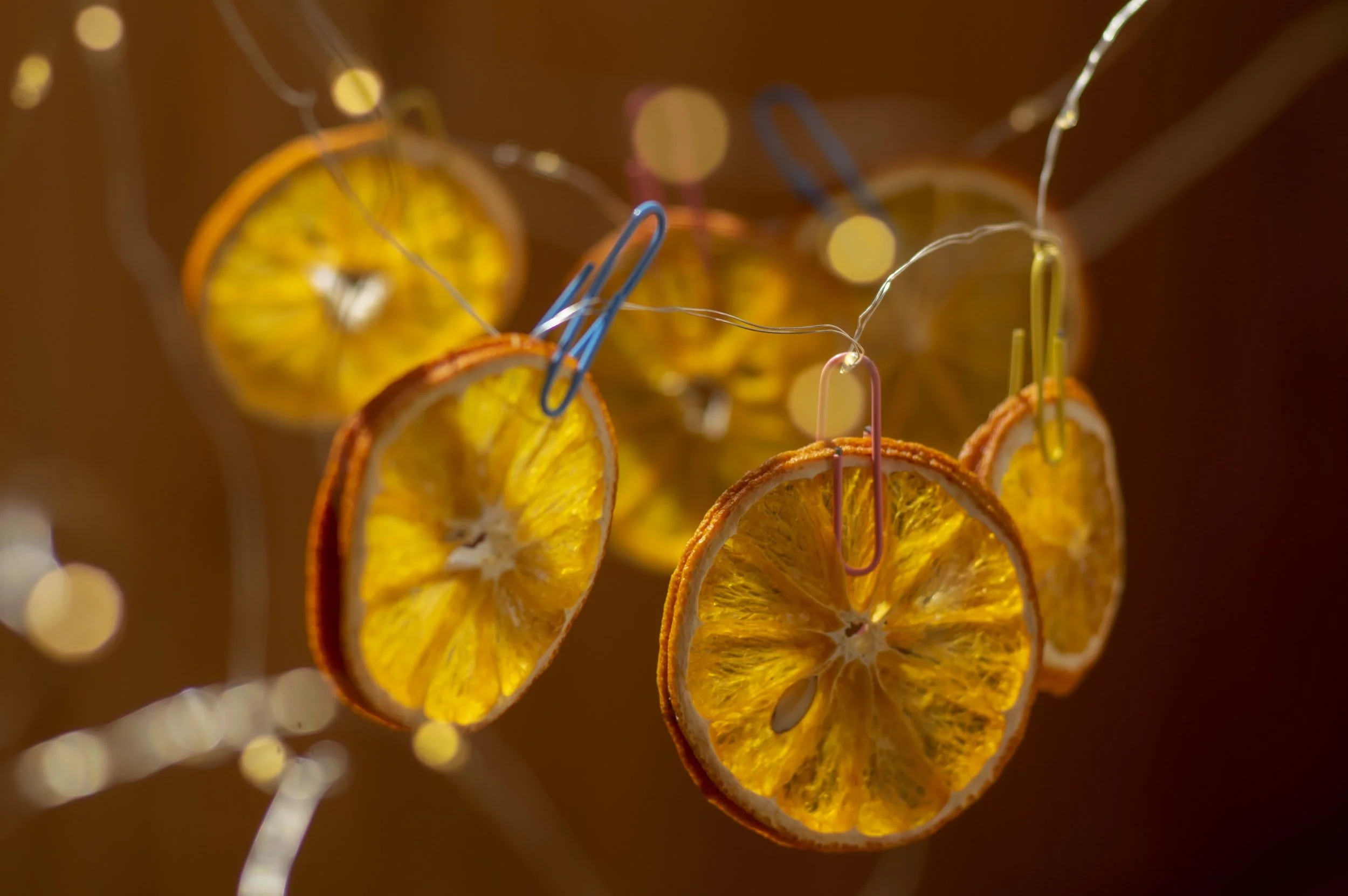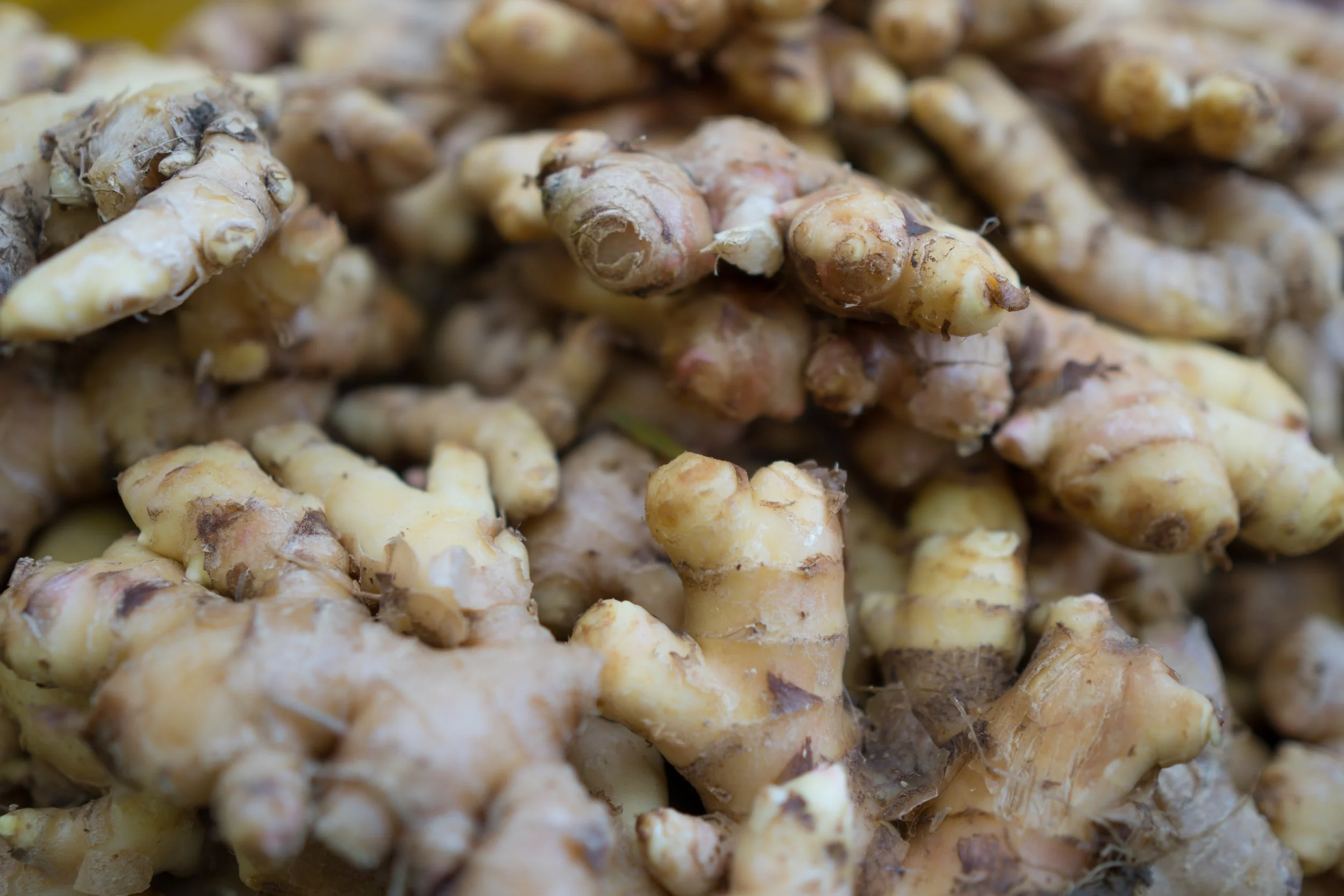Winter Wellness Guide
Winter is a time when most of us start to slow down and start feeling a little sluggish. It gets harder and harder to get out of our nice warm beds. All we want to do is snuggle on the couch, with a nice cup of coffee or herbal tea and read a book. However we all still have responsibilities, and on top of that, we have the hustle and bustle of the holidays, parties, and get-togethers. Not only are we running around like chickens without our heads, but we are also eating so many things that are probably making us feel more and more sluggish. Ugh!
When done right, winter can be a very calming and healthy season. This comes from someone who dreaded winter for many years! I am a spring and summer girl myself. Winter is a time for rest, dreaming, patience, faith, and reflection. The first day of winter is the shortest day and the longest night. The days are now going to get longer and longer. Many cultures believe that this is the day the “sun is reborn”. So a lot of cultures will celebrate with lights, like light’s on a tree, lights on a menorah, or lighting a yule log. Also, some people will decorate their trees, or houses with dried orange slices to celebrate the “sun being reborn”. In some cultures, it is the time to tell stories about what you are grieving. To honor people who are no longer with us.
Let’s learn more about Winter:
Elements: Earth and Water
Dosha: Early winter is Vata/Late Winter is Kapha (In this blog post we are going to focus on Kapha)
Colors: Green (bring some plants indoors)
Stage of life: Death (out with the old, in with the new)
Parts of the body: Whole Body
Parts of the body that are imbalanced: Bones, Skin, Digestive, and Immune
Energetics: Cold and Wet
Tissue State: Depressed and Atrophied
Taste: Sour, Pungent, Bitter
In Ayurveda, earth, and water together form a dosha called Kapha. Each dosha has its pros and cons. When it comes to seasons and Kapha, we are looking at cold, wet, stagnation, and gloomy.
People who are primarily Kapha, when they are in balance they are very loving people but can set boundaries. They are the sweetest people you will meet. They are stable and steady. When they are imbalanced, they will let people walk all over them, becoming stationary and depressed.
Kapha season teaches us to find time for ourselves. Use half of that time to rest, reflect, meditate, and dream. Use the other half of that time to get some movement in. I know how hard that is when it’s cold, but it’s so important. Kapha also teaches us to set boundaries and helps us to be stable and steady. This is a time of year when it is really easy to become depressed, please take care of yourself, and nourish yourself. We will be talking about food and herbs soon. However meditating, deep breathing, and keeping a gratitude journal will help. We sometimes forget what we have. We sometimes think things are a lot worse than they are.
Also, I am a firm believer in feeling your feelings. One of the causes of mental health is trying to be positive all the time, and when we can’t it makes us feel like a failure and we have pent-up emotions. We are messy and “flawed” humans. If you are angry, be angry, just find a healthy outlet for that anger. If you are sad, be sad, it's okay. I just ask you don’t dwell. I have actually met some people who felt guilty for being happy. Ugh! Emotions are contiguous, if you are happy, please spread that far and wide! There will be some people out there that will be grumpy about it, but that is their problem, not yours. We need more happiness.
Foods
Foods we should be focusing on: roots like sweet potatoes, carrots, beets, onions, turnips, parsnips, radishes, and rutabaga. We should be eating warming foods, like broths, soups, and stews. Fermented foods help the digestive system.
This is the time of year to either limit or avoid cold foods like salads and smoothies. Also, a good time to reduce or avoid sweets.
Herbs and Spices
Warming spices help to provide more circulation, which helps to get all the blood moving, which warms us up. Warming spices like turmeric, ginger, cinnamon, cloves, star anise, cayenne, black pepper, and horseradish.
Because winter brings so much wetness, this can also bring a lot of mucus. Herbs that can help to reduce this are garlic, rosemary, sage, thyme, cayenne, elecampane, wild cherry bark, horseradish, and mullein. Also reduce or eliminate wheat, dairy, and sugar, which are all mucus-forming.
Adaptogens, like ashwagandha, astragalus, maca, and reishi.
Nervines like chamomile, lemon balm, skullcap, passionflower, St John’s wort, and oat straw.
Parts of the body to support
This time of year our bones, digestive system, skin, and the immune system might need a little more support.
Bones - Because it’s cold and gloomy out, we become more stationary. This can cause issues with our bones. I encourage you to find some time to get some movement in your life. Also consume some bone broth, collagen, and comfrey. There is some controversy when it comes to comfrey. Most of the herbalists I know are all about consuming comfrey, however, there are some out there that are very anti-consuming comfrey. In my opinion, as long as you don’t have a problem with your liver, it has many benefits. If you are interested, I highly encourage you to do your own research and do what you feel is right for you.
Digestive System - This is the time of year when there is a lot of celebrating, parties, and get-togethers, which probably means many are not eating foods the body approves of. Which is probably causing inflammation, sluggishness, and skin issues. When you are not celebrating, eat nourishing foods, a lot of broths, soups, stews, and roots. Fermented foods like sauerkraut and kimchi, helps bring good flora into the gut. Bitter herbs like dandelion, artichoke, and orange peels. Soothing herbs like plantain (Plantago), calendula, and marshmallow root. Carminative herbs like chamomile, lemon balm, fennel, and ginger.
Skin - The skin is probably having some issues due to the digestive system and stress. Soothing herbs like plantain, calendula, and marshmallow root, both internally and topically will help. Fermented foods like sauerkraut and kimchi, help bring in some good gut flora. Greens vegetables help the body detox some. Nervines to reduce stress like lavender, chamomile, lemon balm, skullcap, passionflower, oat straw, and ashwagandha.
Immune System - With the cold, wet, and the digestive system needing more support, the immune system is needing some more support as well. I would follow what I put on the digestive system above. Fire Cider and Elderberries Syrup remedies are helpful. Herbs that help the immune system are horseradish, elderberries, rosehips, hibiscus, and nettle.
Supplement
I am not the biggest fan of supplements, however, there is one I believe we cannot live without this time of year. The sun usually provides us with vitamin D. Most of us are not getting outside enough right now. So a supplement is needed. This will help with both bone health and the nervous system.
So here is my Winter Wellness guide. I hope it helps you get through the cold, wet, and dark session.
Disclaimer: I am not a professional doctor. This is for educational purposes only. I highly encourage you to consult with a doctor and do your own research before trying any of these remedies.
References:
Benjamin, Sarah Kate and Singletary (2020). The Kosmic Kitchen Cookbook, Everyday Herbalism for Radical Wellness
Heckels, Fiona and Lawton, Karen (2019) The Sensory Herbal Handbook, Connect with the Medical Power of Your Local Plants
Higginbotham, Joyce and River (2002) Paganism, An Introduction to Earth-Centered Religions



